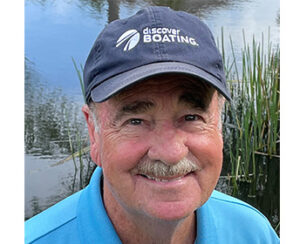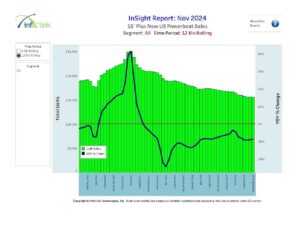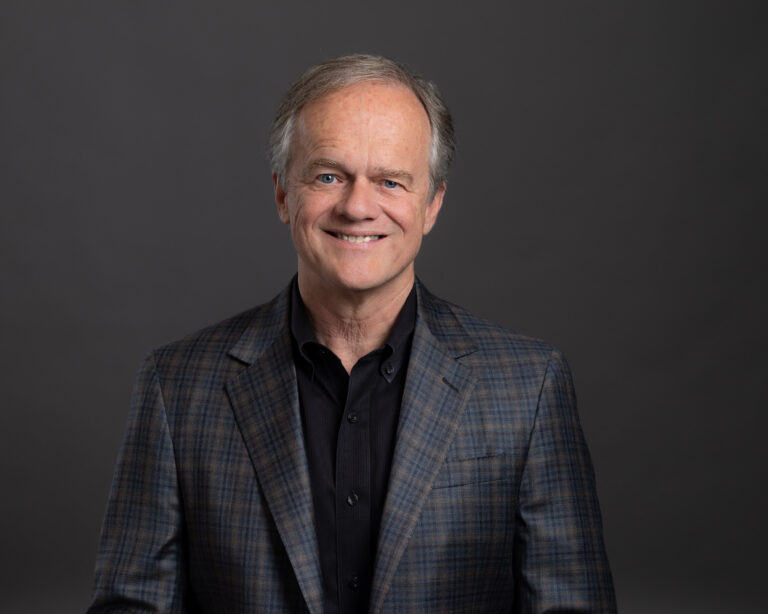Managers at all levels this June through August face a critical decision: What to do for the summer vacation? Whether you and your family make a trip to the mountains or to the seaside, your children will be seeking excitement and all things new if you can ensure that their electronic gear stays home.
Make it a screen-free time (small and large). Use the old-fashioned way of entering another world: Read.
Once you address the electronics issue with the children, and perhaps even with yourself, turn your attention to accomplishing three goals: upgrading your professional life with some business-related reading; enriching your personal life with some life-improving information; and letting your body and mind relax and be totally removed from work issues.
Maybe you and your spouse have already chosen books to take on that vacation outing. More power to you. Yes, maybe a few pocket novels, eh? However, for most managers, reading may be a low priority on the list of things to do. Let me suggest some reading that may stimulate you to get away to a new world.
Especially for a supervisory manager, a favorite business-related book of mine is a new edition of 1501 Ways to Reward Employees by Bob Nelson. I mentioned this book in my last Soundings Trade Only column, when I discussed motivation. I have since completed the book — all 500-plus pages. One very functional characteristic is its series of workplace incidents and thought-provoking ideas about how to resolve worker-boss relationships. So often a supervisor may be stuck in a rut about how to handle employees who do well and not be viewed as playing favorites. Bob Nelson has some answers for you.
Or perhaps you may be concerned about Gen X employees, who were discussed (as a new class of customers) by Michael Sciulla in the May marketing column.
It is quite a challenge to keep Gen Xers and millennials motivated, but Nelson offers tips that every manager — even an executive — can benefit from. Read a few pages, a whole chapter, the whole book. You will be glad you did. Then take it to the workplace to share with another manager, or even your boss.
For executive team members or for any manager who wishes to develop a vision of where a company should go, a new book by Paul Taylor, research director at the Pew Research Center, will provide real meat for deep thought long after the initial reading during your vacation period. The Next America discusses baby boomers, millennials and the “looming generation showdown.” Remember the TV ad for Oldsmobile shortly before the company closed its doors? The 2000 Olds jingle reflects the findings of this book: “This is not your father’s Oldsmobile.”
Or, in another way of describing generation differences, young workers do not like to report to older workers. Why do you feel that is true? Older generations are not as technically savvy as newly minted employees. Yes, the same is becoming true even in the preferences of students for their professors. What will all this mean to the workplace and to society, the economy, and even to the way political behavior will see drastic changes?
Taylor had access to decades of research data, including personal interviews as each generation has grown older and encountered changes inherent in society. He begins the book by looking at the society of his grandfather and father (think Oldsmobile): an expanding middle class, secure jobs, belief in the Protestant Ethic (not religious), intact nuclear families (remember when the entire family sat down to a home-cooked dinner together?), devout believers (church pews were full), distinct gender roles, polite politics and a consensus-building media.
He remarks that his granddaughter will inherit a society that is quite different. What has happened to create these changes and what new changes appear to be developing? What do these changes tell us about what to expect in the marketplace for goods and services? What do the generational changes tell us about smart workplace changes to be made? What can we expect in politics and religion, and how we all relate to each other — in the United States and globally?
Change is hard to resist or stop, although we see that resistance in action today. After reading this book you will want the entire management team to read it and start discussion groups within the management team about what these changes will mean for your company. Get ready to grab a copy.
The Pew Research book is a professional and personal enrichment tool. What about a couple of other books that are more personal than professional? Have you sought financial advice from a professional lately — maybe a retirement specialist, a financial specialist, a long-term care provider or maybe just a banker for a car loan, a mortgage or a short-term loan?
In earlier years many readers likely thought increased money could buy happiness. Young people in the millennial generation think that. A new well-researched book on happiness suggests that we may be spending our money wrongly if we want to enhance our state of happiness. Elizabeth Dunn and Michael Norton offer a tour of new research on the science of spending in their Happy Money.
Dunn and Norton offer five principles on how more money can create greater happiness. This is not only applicable to our personal lives, but also to business. The basic ideas are: Buy experiences rather than material goods; special treats are preferred; buy time and avoid the dreaded chores; pay now and consume later (compared with charging to pay later); and invest in others.
This last principle is obvious on college campuses, as literally droves of young folks go out and work for more needy people as service projects. I assure you that when you finish this one-day read you will want to talk with your spouse and children and find new avenues to personal and family happiness. Not bad for a $25 book these days. And share this book with others.
Do you ever wonder about philosophical things? Why am I doing this work? Why am I not feeling good about life? Well, for these folks there is a little paperback that will offer many tidbits of counsel: By James Hollis, it’s Finding Meaning in the Second Half of Life: How to Finally, Really Grow Up.
Hollis is a psychologist who practices in Houston and has seen his book become popular among the 50-plus generation, who are at the stage where they reflect about why they are not where they had hoped to be in life.
Chapter 10 is worth the price of the whole book. Its title, “Swampland Visitations,” offers an insight into five major quagmires that “older adults” often find themselves unable to move beyond. Hollis’ message is to move on and seek a greater meaning to life and not be bogged down in such swamps as guilt, sense of betrayal and depression.
We should be willing to seek help not only in finding mere happiness, but also in finding new meaning for our lives as our years ahead are reduced. This is a one-chapter-a-day book, but well worth reading and discussing with other similar-age folks over coffee back home.
At the risk of being labeled an enemy, there is one more book that I have just read and been fascinated by: A Fighting Chance, by U.S. Sen. Elizabeth Warren, D-Mass. The author is a highly regarded economist and a legal scholar in academic circles.
The book traces her life from a humble beginning in Oklahoma to her doctorate and becoming a Harvard Law School professor. Although the book may be seen as merely a self-portrait by a politician hoping to be elected to a post beyond the Senate, I see it as a discovery of just how politics works on both sides of the aisle and how financial regulations affect little old me. Republicans engaged Warren as a consultant and she continued on the same financial topics with Democrats, which led to her surprise election to the Senate as a Democrat.
Try to overlook any natural biases you may have and read the book as a biographical novel of someone who has lived the American dream, starting as an Okie. I believe you will benefit from reading it, and especially so if we see her name in lights someday, aspiring to higher office.
Feel free to choose a book not offered here. Read for relaxation and enrichment.
The fab five
Try any of these five books in your search for professional growth and personal enrichment:
• 1501 Ways to Reward Employees, by Bob Nelson (New York: Workman Publishing, paper, 15.95.)
• The Next America, by Paul Taylor (New York: Public Affairs, 2014, 278 pages, $26.99.)
• Happy Money, by Elizabeth Dunn and Michael Norton (New York: Simon & Schuster, 2013, 157 pages, plus notes, $25.)
• Finding Meaning in the Second Half of Life: How to Finally, Really Grow Up, (New York: Gotham-Penguin, 2005, 260 pages, $17).
• A Fighting Chance, by U.S. Sen. Elizabeth Warren, D-Mass. (New York: Henry Holt Co., 2014, 277 pages and academic-type notes, $28.)
Jerald F. Robinson, Ph.D., is professor emeritus, international management, at the Pamplin College of Virginia Tech in Blacksburg, Va. He can be reached at (540) 449-5870 or by e-mail: [email protected].
This article originally appeared in the June 2014 issue.











